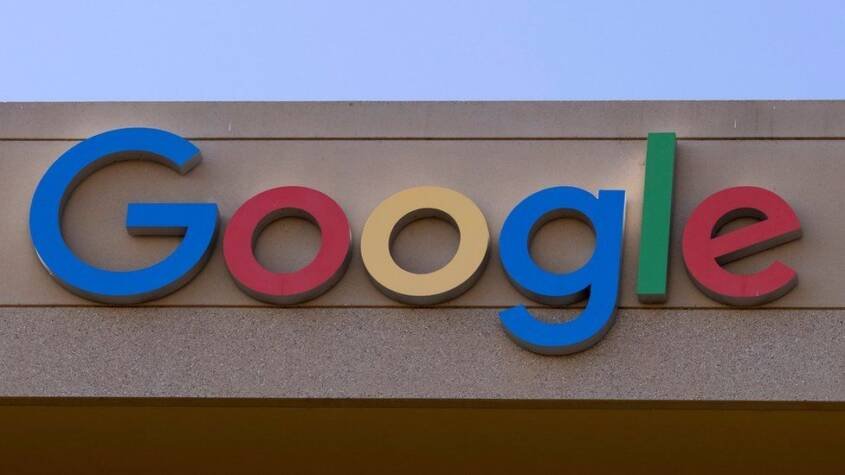
On July 8th, the Federal Court ruled in the Office of the Privacy Commissioner’s (OPC) favour in a decision that touched PIPEDA’s application to search engines and what has become known in privacy law as “the right to be forgotten.” The decision brings clarity on whether search engines like Google, and potentially businesses with similar business models, will be subject to PIPEDA when they handle personal information.
The Backstory
The decision results from a reference filed by the OPC with the Federal Court involving an OPC investigation of Google. The OPC’s investigation began in 2017 after an individual complained to it that news articles Google displayed in its search results contained outdated and inaccurate information and disclosed sensitive information about him. He also complained he had endured direct harm, including physical assault, lost employment opportunities, and severe social stigma, because Google links these articles to his name in search results.
But even before the complaint was launched, the OPC began consultations on whether a right to be forgotten existed in Canada. The result was the OPC’s 2018 draft Position on Online Reputation. In that paper, the OPC stated that Canadians need better tools to help them protect their online reputation, including tools like de-indexing and source takedown. De-indexing is the process by which a webpage, image or other online resource is removed from search results when an individual’s name is entered as the search term. Source takedown means the removal of this content from the internet.
In its draft position, the OPC argues that PIPEDA applies to a search engine’s indexing of web content and displaying of search results, so search engines need to comply with PIPEDA by allowing individuals to challenge the accuracy, completeness, and currency of search results attached to their name. When an individual is successful in their challenge, the OPC argues, the search engine should de-index the inaccurate, incomplete, or outdated results.
PIPEDA also gives individuals a right to withdraw consent and requires that personal information that is no longer needed be destroyed, erased, or made anonymous. The OPC argues this gives individuals the right to remove information they have posted online. If the information was posted by someone else, the individual does not have an unqualified right to remove it, but they should be able to challenge the accuracy, completeness, and currency of the information.
Returning to the complaint, Google responded to it by saying that PIPEDA did not apply to its search engine because it was not a commercial activity within the meaning of PIPEDA (due to constitutional constraints, PIPEDA only regulates the collection, use, and disclosure of personal information in the course of commercial activities). Google also argued that even if its search engine was a commercial activity, it fell under PIPEDA’s exception for organizations who collect, use, or disclose personal information only for a “journalistic” purpose. Lastly, Google submitted that an interpretation of PIPEDA requiring it to delist lawful public content was against its freedom of expression as protected in the Charter of Rights and Freedoms. Without addressing Google’s constitutional argument, the OPC referred Google’s jurisdictional arguments to the Federal Court through the reference process that allows federal offices to refer certain legal questions to the Court.
The Decision
In brief, the issues considered by the Court were:..
INNOVATION AND DATA PRIVACY ARE NOT NATURAL ENEMIES: INSIGHTS FROM KOREA’S EXPERIENCE
The following is a guest post to the FPF blog authored by Dr. Haksoo Ko, Professor at Seou…















